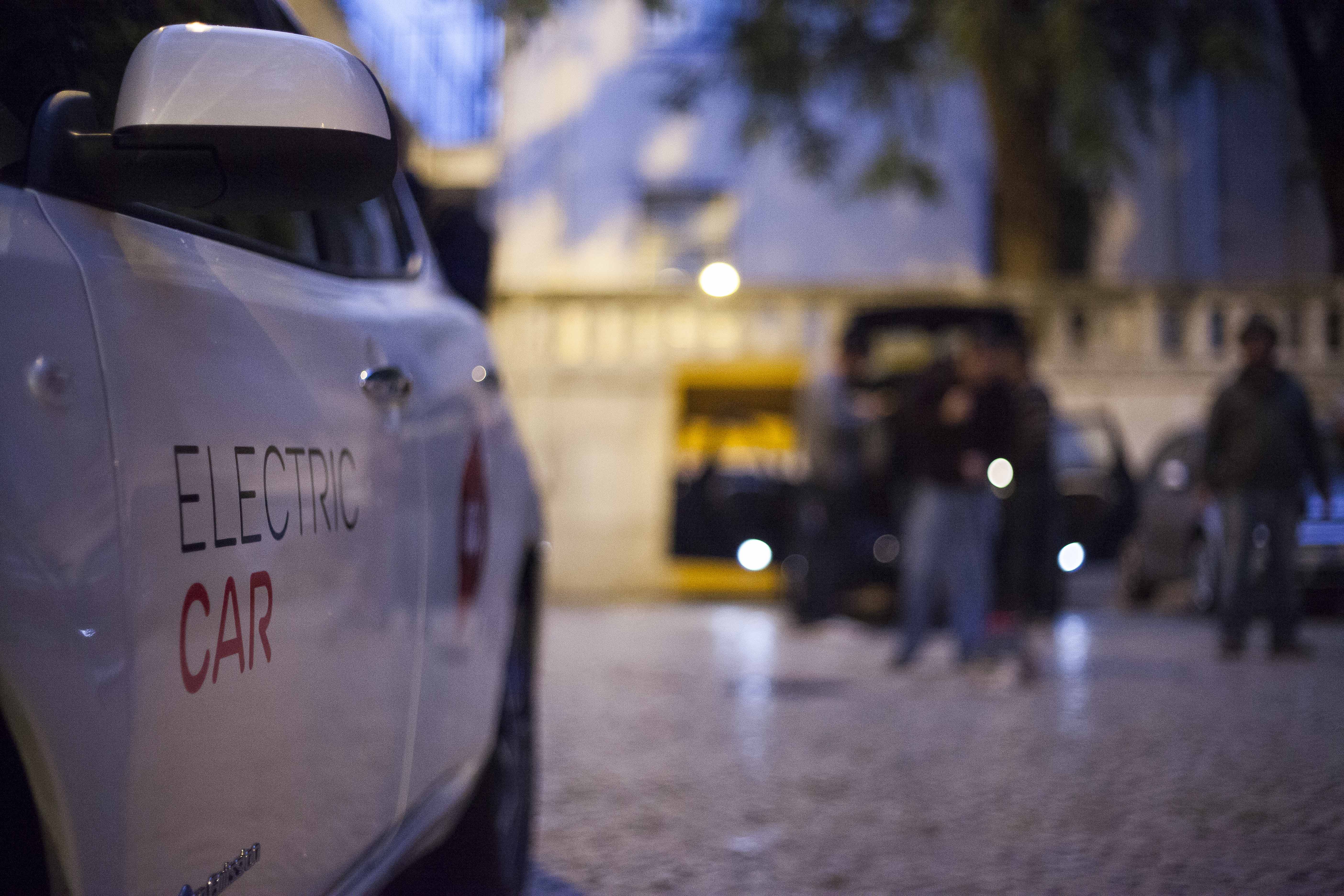
EDP joins the Transport Decarbonization Alliance

A new international organization brings together governments, cities and companies with the aim of making transport reach the goal of "“zero emissions”" by 2050.
EDP is one of the founding members of the Transport Decarbonization Alliance (TDA), an organization that wants to promote the transition of the transport sector into more sustainable production and operation models, which are aligned with the goals of the Paris Agreement on climate change. The official launch of TDA is being made today in Leipzig, Germany, as part of the 2018 International Transport Forum Summit. Portugal played a decisive role from the first moment, and the Portuguese government is leading the Alliance.
The EDP Group has always positioned itself as an active agent in the promotion of decarbonization, being, nowadays, an important global operator in renewable energy. Given the importance of transport electrification for decarbonization, electric mobility is one of the commitments of the decarbonization strategy assumed by EDP.
The group has recently committed itself to specific targets such as the electrification of 100% of its small vehicle fleet by 2030, the development of new offers and commercial solutions that promote energy transition, including charging infrastructures (the group has already installed 11 fast-charging stations for electric vehicles on some of the country's major highways. In Spain, it already has 13 stations installed and announced the opening of another 48. social mobilization in favor of the electrification of transportation.
Participation in the TDA is part of the latter strategic axis, seeking collective and global solutions to accelerate the sector's transition. In Portugal, EDP supports the Lisbon Mobi Summit, an initiative to raise awareness of the various agents involved in the issue.
According to the International Energy Agency, transport is responsible for 24% of the emissions generated by the combustion of fossil fuels. Maintaining current transportation development models, industry emissions are projected to rise from about 7 billion tonnes (Gt) of CO2 to up to 18 Gt in 2050. This trajectory will have to be reversed in order to achieve the goal of keeping global warming below 2 degrees, the baseline scenario of the Paris Accord.
While being aware of the challenge, the governments of Portugal, Costa Rica, France and Holland, the multinationals Alstom and Michelin, and the Brazilian hydroelectric plant Itaipu Binacional, and the city of Paris decided to move forward with the creation of the TDA. The intention was announced at the climate conference, COP 23, in Bonn, in November of 2017.